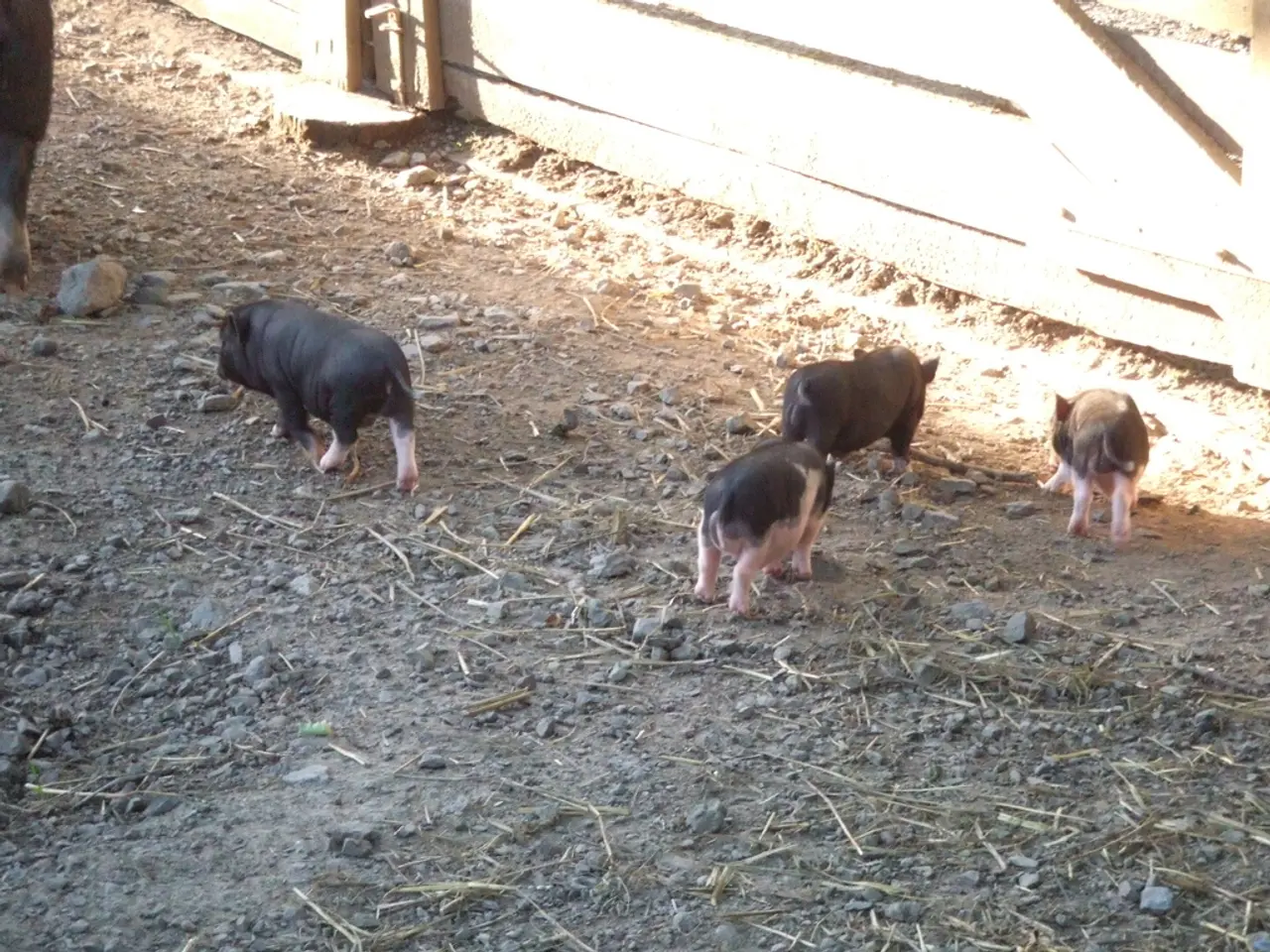Wild boars in Brandenburg tested positive for Trichinella parasites
In Brandenburg, Germany, cases of Trichinellosis, also known as trichinosis, are rare but still notifiable. This parasitic disease, caused by nematodes of the genus Trichinella, can range from mild to severe symptoms.
Prevalence in Brandenburg
Trichinellosis is a notifiable disease in Germany, meaning cases must be reported to health authorities. In Brandenburg and across Germany, trichinellosis is now very rare due to strict regulations on the inspection of meat, especially pork and wild boar, which are the primary sources of infection. Most cases reported tend to be imported (from travelers) or very sporadic local cases, often linked to consumption of inadequately cooked wild game or pork. Routine testing of wild boar meat and pigs helps control and monitor the infection risk, resulting in very few incidents.
Causes
The disease is caused by ingestion of raw or undercooked meat containing Trichinella larvae. Common sources include undercooked pork, wild boar, or other carnivorous/omnivorous animals. After ingestion, larvae mature in the intestines and then migrate to muscle tissues, causing symptoms.
Symptoms
Early symptoms (1-2 days after ingestion) may include nausea, diarrhea, vomiting, and abdominal pain. Later symptoms (1-2 weeks after infection) can include muscle pain, fever, swelling of the face (especially around the eyes), headache, weakness, and difficulty coordinating movements. In severe cases, complications can include myocarditis (inflammation of the heart muscle), encephalitis, or pneumonia.
Recent Cases in Brandenburg
Seven cases of trichinellosis were recorded in Brandenburg in 2023. Trichinella was found in the muscles of a wild boar shot in a hunting area near Rangsdorf. It is important to note that prevention measures, such as cooking meat thoroughly and inspecting game meat, can help prevent the spread of this disease.
In conclusion, while trichinellosis is extremely rare in Brandenburg due to effective meat inspection legislation, it remains a notifiable disease, and any cases are closely monitored. Prevention is key, and cooking meat thoroughly and inspecting game meat are the primary methods for preventing the spread of this disease. For more detailed local epidemiological data, these would typically be available from the Brandenburg public health authorities or the Robert Koch Institute.
- The medical-conditions caused by the nematodes of the genus Trichinella, known as Trichinellosis or trichinosis, are a focus of environmental-science, particularly in monitoring and controlling infections in wild boar and pigs, given its prevalence and the potential risk it poses to health-and-wellness, as seen in the recent cases in Brandenburg, Germany.
- In light of the causes and symptoms of Trichinellosis, it is crucial to emphasize the importance of CD (cooking meat thoroughly) and inspecting game meat, utilizing the findings from preventive environmental-science, to safeguard one's health-and-wellness, especially in regions with higher risk, such as Brandenburg, where wild boar hunting is popular.
- While science and medical-conditions fields have greatly improved our understanding of Trichinellosis, its potential danger to human health-and-wellness cannot be overlooked. With the rise of environmental-science and increasing concern for health-and-wellness, continuing efforts should be made to implement preventive measures, such as comprehensive regulations on meat inspection and public education about proper handling and cooking of meat, particularly in regions like Brandenburg.




